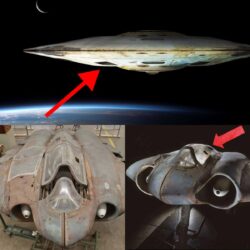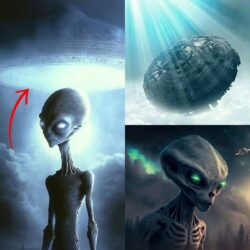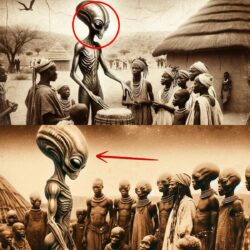
In spite of a detectable universe sprinkled with a few trillion systems, each loaded down with a trillion planets, we see no proof of anybody. No signs, no megastructures, no interstellar rockets. While space experts regularly reveal astounding items overhead, these consistently end up being appearances of normal peculiarities.

Without beating around the bush, we can express that the universe has offered us no touch of the presence of creatures as sharp as, or cleverer than, Homo sapiens.
It’s enticing to hop from this observational truth to a disheartening end: There’s nobody out there. Saying this doesn’t imply that that the universe is sterile. Most astrobiologists appear to be OK with the reason that life may be far reaching. In any case, their good faith doesn’t necessarily reach out to complicated, wise life.
It’s conceivable that we occupy a universe whose inhabitants are for the most part lake rubbish. Following quite a while of seeing semi-humanoid outsiders swagger across the cinema, it would be quite frustrating to imagine that the genuine infinite bestiary generally comprises of plants and creatures that are minute, or, best case scenario, no more brilliant than stick frogs.

That particular situation would make people exceptionally extraordinary, a situation that appears to be in conflict with the huge measure of land accessible forever, as well as the billions of years since the Enormous detonation during which knowledge could emerge.
All in all, might there be a conceivable clarification for why the universe appears to be so short on sharp witted organization?
Sifting Through Smart LIFE
Financial specialist Robin Hanson has proposed that life definitely experiences a boundary on its developmental way to thinking critters – an Incredible Channel that holds down the normal intelligence level of the universe.
What might this hindrance at any point be? Maybe life itself is uncommon on the grounds that concocting in any case is troublesome. Perhaps the change from single-celled to multi-celled creatures is a scaffold excessively far for most biological systems. Conceivably the rise of knowledge is an accident, such as winning the Powerball, or maybe all thinking creatures unavoidably engineer their own obliteration not long after creating innovation.
The possibility that there are outlandish obstacles in the way to knowledge prompts a fascinating conclusion. Think about how conceivable it is that we’ll some time or another track down microorganisms under the dry surface of Mars, or underneath the frozen ice of a moon like Enceladus or Europa. That would let us know that one obstacle – the beginning of life – can be taken out from the rundown. All things considered, on the off chance that science started on both Earth and another close by world, a sure thing it’s ordinary. No solid channel there.
If we somehow managed to find more refined life some place, maybe comparable to trilobites or dinosaurs, that would likewise dispose of a portion of the hypothesized channels. To be sure, Scratch Bostrom, at Oxford College, has said that it would be horrifyingly terrible information to track down such complex life forms on a different universe. Doing so would let us know that the Incomparable Channel is in our future, not our past, and we are ill-fated. Homo sapiens will face a wall that holds us back from expanding our territory past Earth. Our species, however wonderful and promising as it could be, would have a predetermination that is short and troubling.
The allure of the Incomparable Channel thought is that it takes a genuinely restricted perception – we see no proof of outsiders in the night sky – and draws a bewildering (if tragic) decision about humankind’s fate.





